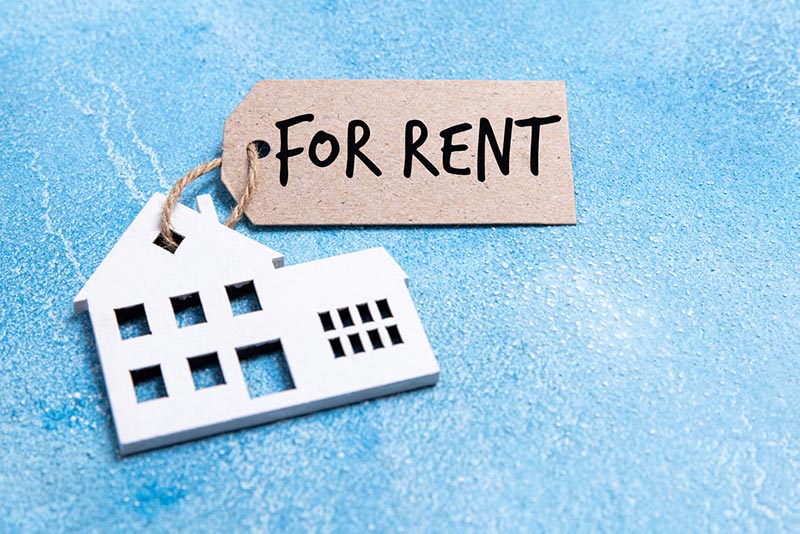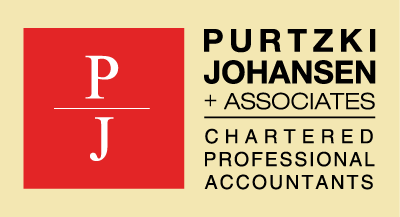
The B.C. government introduced the Short-Term Rental Accommodation Act on October 16, 2023, in response to the housing crisis of long-term rentals. It aims at the estimated 16,000 homes in B.C. that are used exclusively as short-term rentals (“STR”).
Principal residence requirement
The government will limit the STR (defined as less than 90 days) to:
- The host’s principal residence
- Plus one “secondary suite” or “accessory dwelling unit” (i.e. located on the same property as a dwelling unit, e.g. laneway home or garage suite)
The requirement will not apply to municipalities with a population under 10,000 (except adjacent municipalities within 15km). There are certain other exempt areas, including specified resort municipalities and mountain resort areas.
Timeline
The new proposed principal residence requirements rules will become effective on May 1, 2024.
Effective immediately, the government will also strengthen the tools for local governments to enforce STR bylaws, including;
- Increasing fines and tickets from $1,000 to $3,000 per infraction per day
- Maximum penalties for severe contraventions may now be increased from $2,000 to $50,000.
- A requirement to display a valid business license number on the rental listing.
In the Summer of 2024, it is proposed that STR platforms (like Airbnb) will be required to share information with the provincial government to help municipalities enforce the new rules.
In the Fall of 2024, the Province will establish a STR registry that requires the host to register their STR properties with the Province.
Tax Consequences
While the above is concerning enough to STR operators regarding what this may do to the value of their property and their ability to cover their operating costs, the government, in its release, does not discuss the significant tax consequences that may apply.
Under the Change in Use rules in the Excise Tax Act, when a property converts from an STR to a long-term residential rental or personal use property, there is a requirement to self-assess GST on the Basic Tax Content of the property at the time (which in many cases is effectively the lower of the purchase price and current fair market value of the property).
For example, assume a taxpayer purchased a new property for $800,000 to hold the property as an STR. The individual was able to register for a GST number prior to the acquisition of the property and thus avoided paying 5% at the time of purchase. As a result of the rule changes, the owner now decides to rent the property long-term, triggering a change in use. The fair market value of the property is now $900,000. The consequence is the owner must now pay $40,000 of GST to CRA.
As a result, these proposals may have a devastating affect to STR owners, who will be keen to see if there are any future modifications to the proposals before being officially passed into law. Stay tuned!



